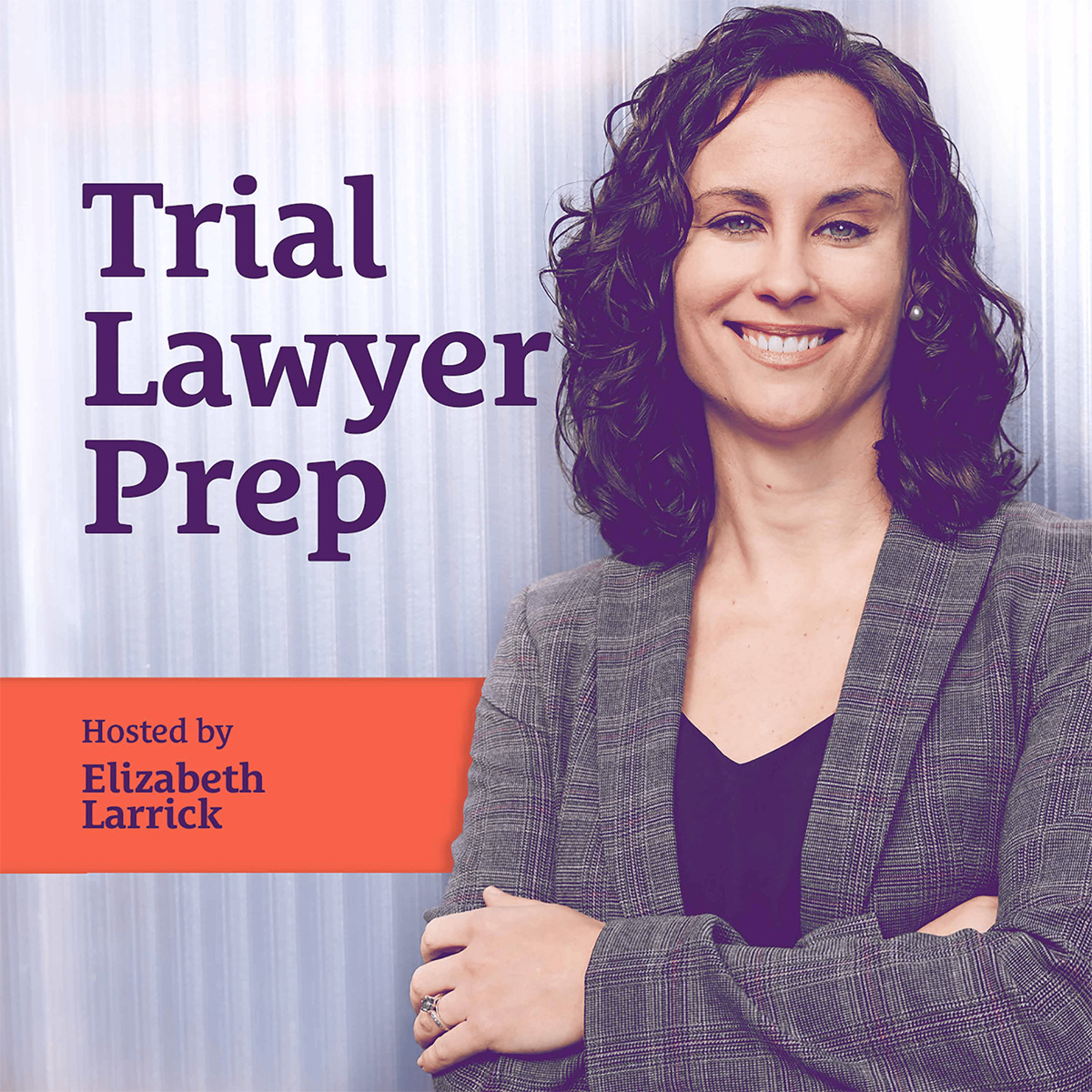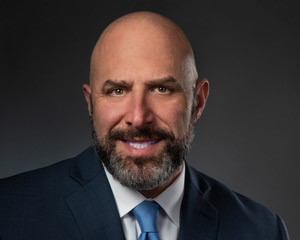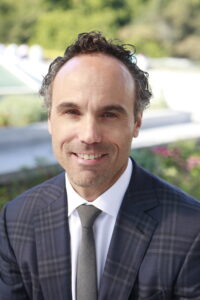The Before and After Witness Prep Template by Courtney Wilson
Having before and after witnesses is very useful to help tell your client’s story. These witnesses can talk about damages in a way that your client just can’t. Jurors can heavily criticize a client’s testimony and label them a “whiner” or “complainer.” A well-prepared witness is able to talk about the changes in your client’s life in an authentic way.
As trial lawyers, it’s important that we’re able to build a level of trust and comfort with our clients and witnesses. But building that relationship just doesn’t happen overnight.
In today’s conversation, Courtney Wilson takes a deep dive into the three-step process for building trust with your before and after witnesses. Courtney currently practices personal injury law and medical malpractice law in Mississippi.
In this episode, you will hear:
- Finding two to three people talking about the client’s experience
- How to build trust with your before and after witnesses
- The importance of explaining why testimony is needed for the case
- Assignments for your witnesses to get more information
- Why stories are more compelling than an expert talking about the injury
- Managing the fears and concerns of before and after witnesses
Subscribe and Review
Have you subscribed to our podcast? We’d love for you to subscribe if you haven’t yet.
We’d love it even more if you could drop a review or 5-star rating over on Apple Podcasts. Simply select “Ratings and Reviews” and “Write a Review” then a quick line with your favorite part of the episode. It only takes a second and it helps spread the word about the podcast.
Supporting Resources:
Courtney Wilson 
Tynes Law Firm
Episode Credits:
If you like this podcast and are thinking of creating your own, consider talking to my producer, Danny Ozment.
He helps thought leaders, influencers, executives, HR professionals, recruiters, lawyers, realtors, bloggers, coaches, and authors create, launch, and produce podcasts that grow their businesses and impact the world.
Find out more at https://emeraldcitypro.com


